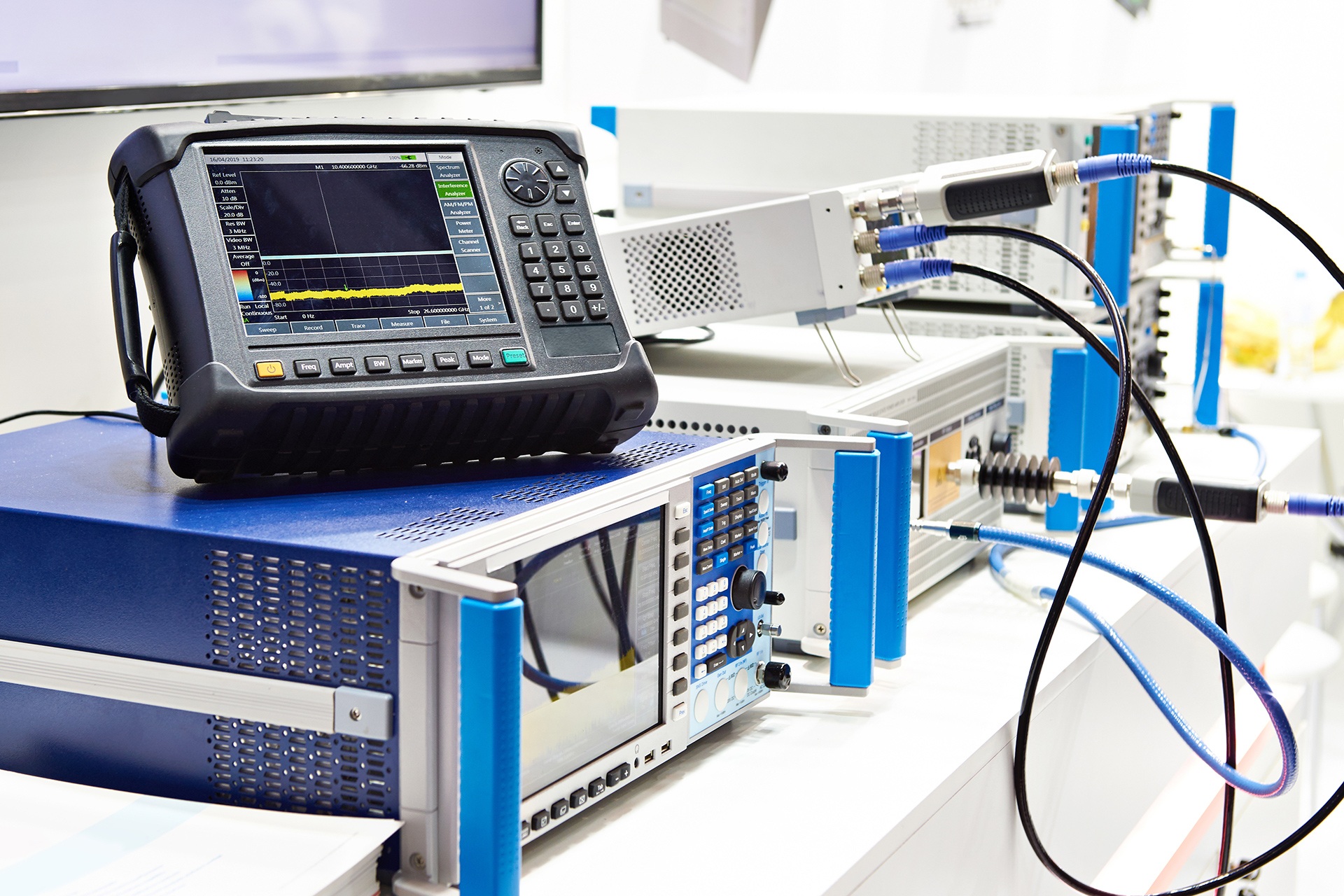You will decide that might influence your whole quality monitoring system. Picking the wrong calibration laboratory won't just affect your measurement accuracy-- it'll endanger your compliance, disrupt your operations, and potentially cost you clients. The risks are more than you could think, and the distinctions in between laboratories aren't constantly obvious at first look. Right here's what separates the reliable companions from the dangerous choices.Accreditation and Certification Requirements When picking a professional calibration laboratory, you'll want to validate that the center holds proper accreditation from identified bodies like ISO/IEC 17025 or ANSI/NCSL Z540.ISO IEC approved calibration services demonstrate that the laboratory meets rigid international standards for testing and measurement accuracy. This qualification makes certain correct traceability to national measurement standards, which is essential for preserving your instruments'reliability.Look for laboratories that present their certification certificates prominently and can give scope documents detailing their licensed capabilities.Professional metrology facilities
need to also maintain continuous conformity via routine audits and evaluations. Without appropriate accreditation, you can't guarantee that calibration services will certainly meet market requirements or governing standards.Always request documents proving the laboratory's existing accreditation standing before devoting to their services.Technical Capabilities and Equipment Range Beyond accreditation requirements, you'll need to examine whether a calibration laboratory has the technical

abilities and equipment range necessary for your particular instruments.Look for labs that maintain state-of-the-art precision equipment covering your instrument kinds, from basic multimeters to intricate analytical gadgets. Confirm they can manage your measurement
ranges and accuracy requirements while sticking to ISO standards.Consider whether you require on site calibration services for large or sensitive equipment that can't be transported.A reliable laboratory ought to demonstrate technical competence with qualified personnel and appropriate treatments. Review their extent of accreditation to guarantee your instruments fall within their licensed capabilities.Ask concerning their measurement unpredictabilities and traceability chains to validate they meet your quality standards and regulatory requirements.Quality Documents and
Traceability Standards Because proper documents develops the backbone of any type of legitimate calibration service, you'll wish to take a look at exactly how
thoroughly a laboratory preserves quality records and establishes measurement traceability.Look for calibration certifications that clearly recognize your instrument and referral the applicable standards utilized throughout testing. Quality paperwork ought to consist of
comprehensive measurement data, uncertainty computations, and ecological problems throughout calibration.Verify that the laboratory's traceability chain connects to nationwide or global standards through recognized referral products. The calibration services should provide certificates meeting your market's specific requirements, whether ISO, FDA, or various other regulative standards.Request sample certifications ahead of time to ensure they consist of all necessary information for your conformity needs. Accurate paperwork secures both
your quality system and demonstrates your dedication to measurement reliability.Turnaround Time and Service Integrity While thorough documents verifies a laboratory's technical capacities, your operational effectiveness depends just as on their capacity to deliver prompt, regular service.When evaluating calibration services, you'll wish to establish realistic turnaround time expectations that straighten with your operational timetable. An expert fast NIST calibration certificate calibration laboratory must supply consistent distribution dates and communicate any kind of potential hold-ups immediately.Service reliability includes greater than speed-- it consists of precise instrument calibration, traceable results, and standardization across all procedures.Look for laboratories with substantial experience handling varied customer needs while keeping quality standards. Ask about their capacity during height durations and backup treatments for equipment failures.Reliable calibration services
show consistent performance through
repeat deliveries, marginal rework requirements, and proactive interaction concerning your instrument's calibration status throughout the process.Cost Structure and Value Evaluation When evaluating calibration laboratories, you'll uncover that cost factors to consider extend much past the first service quote. A detailed value evaluation needs analyzing what you're receiving for your investment.Professional calibration services that appear costly at first commonly offer superior worth through accredited technicians, traceable standards, and correct accreditation credentials.Don't immediately pick the lowest-cost choice. Reliable laboratories invest in quality equipment, competent personnel, and preserving
extensive standards-- aspects mirrored in their pricing.Compare the complete cost of possession, consisting of potential downtime if instruments fail validation as a result of substandard calibration work.Request thorough quotes that damage down labor, products, and qualification fees. The most effective laboratory equilibriums competitive rates with tried and tested reliability, guaranteeing your instruments get professional attention that justifies the investment.Conclusion You'll make the appropriate choice by thoroughly evaluating these 5 vital variables when choosing a calibration laboratory. Don't endanger on accreditation standards or technical capacities,
as they're foundational to reliable results. Validate traceability paperwork and sensible turn-around commitments prior to signing any type of arrangements. Keep in mind, you're buying measurement accuracy that straight affects your procedures, so prioritize total value over preliminary cost financial savings. Your due diligence currently stops costly measurement errors later.